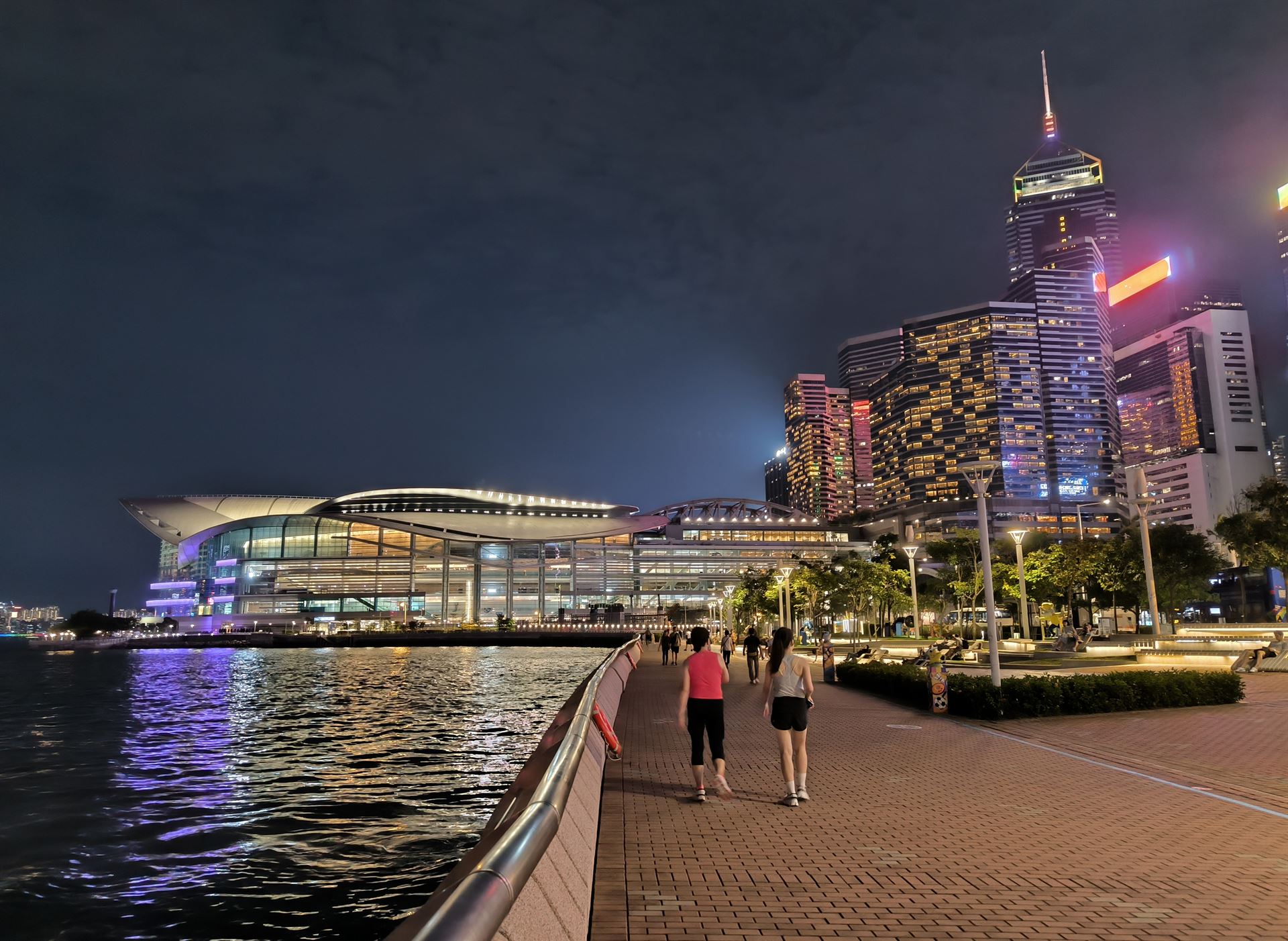
Hong Kong officials and experts said the recently announced US tariffs will have only a “mild impact” on the city, given its low reliance on the US market, and highlighted emerging markets as bright spots to offset the potential headwinds of a global supply chain reshuffle.
Their remarks came after US President Donald Trump announced on Feb 1 an additional 10 percent tariff on goods originating from the Chinese mainland and Hong Kong, effective since Tuesday. The new measures also removed the de minimis exemption, which previously allowed shipments valued at $800 (HK$6,228) or less to enter the US duty-free.
Secretary for Commerce and Economic Development Algernon Yau Ying-wah emphasized that the US has maintained a trade surplus with Hong Kong exceeding $271.5 billion over the past decade — the largest among its global trading partners.
Meanwhile, Yau noted that Hong Kong’s exports to the US were valued at approximately HK$6.1 billion in 2023, accounting for just 0.1 percent of the city’s total exports. “This suggests the overall impact of the new tariffs will be slight,” he said.
ALSO READ: HKSAR govt slams additional US duty on HK products, parcel halt
The Hong Kong Trade Development Council’s (HKTDC) Research Director Irina Fan Yuen-yee shared similar views, though HKTDC has cut its exports forecast for this year by 0.5 percentage points to 3.5 percent.
Fan said even if tariffs lead to higher prices for Chinese goods, their competitiveness remains strong due to their quality and price, making it difficult to find substitutes.
The Bank of East Asia’s Chief Economist Ricky Choi said that tariffs present some uncertainty, adding that it remains to be seen whether Hong Kong will face high tariffs throughout the year given the US’ open approach during negotiations with Mexico and Canada.
Choi added that the impact on local production will be limited, as Hong Kong primarily functions as a re-export hub.
ALSO READ: HKSAR govt condemns US sanctions renewal
Algernon Yau said Hong Kong businesses have already made significant adjustments in recent years, including diversifying supply chain layouts and production locations to mitigate geopolitical risks.
“Hong Kong’s business community is highly adaptable, and trade associations have indicated they are prepared for geopolitical challenges,” Yau said. “They are actively implementing new measures, such as adjusting supply chains or exploring new markets.”
Among the promising markets are Middle Eastern countries and members of the Association of Southeast Asian Nations (ASEAN).
The oil-rich Middle Eastern countries’ economic diversification efforts align well with China's ambitious Belt and Road Initiative — the country’s flagship overseas infrastructure and investment project, with the Hong Kong Special Administrative Region serving as a gateway.
READ MORE: HKSAR govt slams US bill targeting SAR personnel safeguarding national security
Additionally, Southeast Asia offers market potential and supply chain advantages, benefiting from its integration into Chinese supply chains. Hong Kong is also seeking support from ASEAN to join the Regional Comprehensive Economic Partnership — a free trade agreement among 15 Asia-Pacific economies.
To mitigate the negative impact of the tariffs, Yau said the government will closely monitor developments and provide support to businesses. The HKTDC and the Belt and Road Office will assist trade associations in identifying opportunities in emerging markets.
The Hong Kong government on Wednesday expressed strong disapproval of the US’ imposition of additional duties on Hong Kong products. “We are closely monitoring developments. If the US does not rectify its wrongdoing, we will take all possible actions to defend our legitimate interests, including considering raising the matter at the World Trade Organization,” a government spokesman said.


